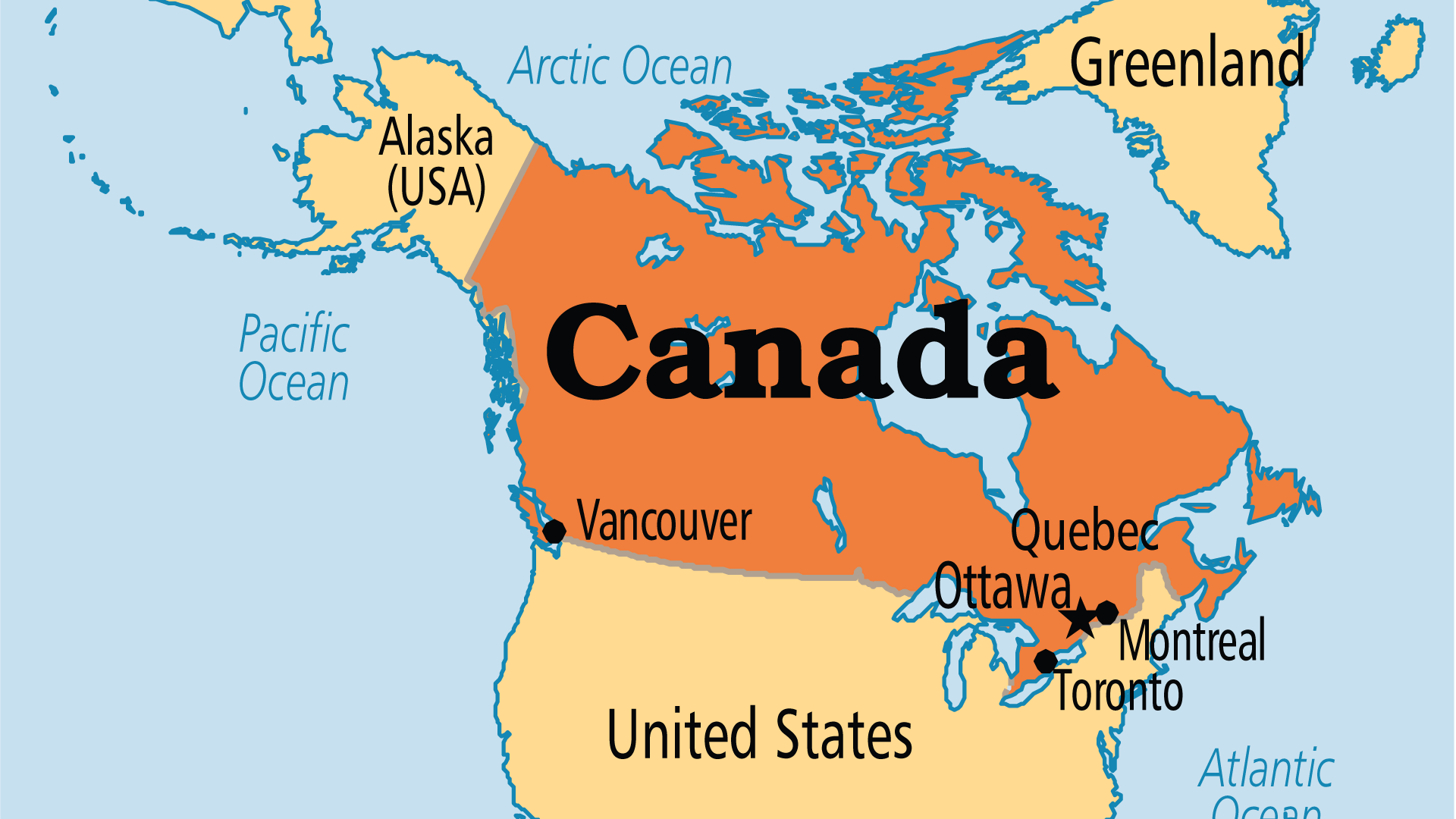International Relations
India-Canada Science and Technology Cooperation
- 26 May 2022
- 7 min read
For Prelims: India-Canada Relations
For Mains: Bilateral Groupings and Agreements
Why in News?
Recently, two memorandums of understanding (MoUs) were renewed at the 7th India-Canada Joint Science and Technology Cooperation Committee (JSTCC) meeting.
- The MoUs were signed by the Indian Ministry of Science and Technology with the Natural Sciences and Engineering Research Council of Canada (NSERC) and National Research Council Canada (NRC), respectively, under the 2005 Agreement for Scientific and Technological Cooperation.
- Earlier, India and Canada held the fifth Ministerial Dialogue on Trade & Investment (MDTI), where Ministers agreed to formally re-launch the negotiations for India-Canada Comprehensive Economic Partnership Agreement (CEPA) and consider an Interim Agreement or Early Progress Trade Agreement (EPTA) that could bring early commercial gains to both the countries.
What are the Highlights of the Meeting?
- The focus areas of the collaboration include national missions, quantum computing, artificial intelligence (AI), and cyber-physical systems, among others.
- A large number of Indian students studying in Canadian universities will benefit from the collboration.
- India and Canada benefit from strong bilateral relations and are committed to deepening ties, with science, technology, and innovation being key pillars of the relationship.
- Under the terms of the agreement made in 2005, the JSTCC meets every two years to review ongoing collaborations between Canadian and Indian researchers and set priorities for the next period in fields like agriculture and food security, healthcare and healthtech, clean technologies and environmental research, marine and polar research, quantum tech and AI, and human capacity development and researcher mobility.
- Both countries agreed to continue monitoring progress on key priorities in bilateral science, technology, and innovation projects (STIP) during the 2022-2024 period.
- India plays an active role in the global technology research and development ecosystem by facilitating academic and scientific relationships with other countries.
How is India-Canada Cooperation in Various Spheres?
- Political:
- India and Canada share commonalities in Parliamentary structure and procedures. After the general election in October 2019, Mr Raj Saini, MP from the House of Common has been appointed as the Chair of the Canada-India Parliamentary Association.
- As of 2020, the House of Common in Canadian Parliament (total strength of 338) has 22 Members of Indian origin.
- In India, Canada is represented by the High Commission of Canada in New Delhi. Canada also has Consulates General in Bengaluru, Chandigarh and Mumbai, as well as trade offices in Ahmedabad, Chennai, Hyderabad and Kolkata.
- India is represented in Canada by a High Commission in Ottawa and by consulates in Toronto and Vancouver.
- Economic:
- Bilateral trade between India and Canada stands at USD 5 billion.
- More than 400 Canadian companies have a presence in India, and more than 1,000 companies are actively pursuing business in the Indian market.
- Indian companies in Canada are active in the field such as Information Technology, software, steel, natural resources and banking sectors.
- India’s exports to Canada include pharma, iron and steel, chemicals, gem and jewelry, nuclear reactors and boilers.
- Energy has been a primary area of our focus, considering that Canada is an ‘energy superpower’ with one of the world’s largest resources of uranium, natural gas, oil, coal, minerals and advanced technologies in hydropower, mining, renewable energy and nuclear energy.
- Science and Technology:
- Indo-Canadian Science and Technology cooperation has been primarily focused on promoting Industrial R&D (Research and Development) which has potential for application through development of new IP (Intellectual property) processes, prototypes or products.
- Department of Biotechnology under IC-IMPACTS program implements joint research projects in health care, agri-biotech and waste management.
- IC-IMPACTS (the India-Canada Centre for Innovative Multidisciplinary Partnerships to Accelerate Community Transformation and Sustainability) is the first, and only, Canada-India Research Centre of Excellence established through the Canadian Networks of Centres of Excellence (NCE) as a Centre dedicated to the development of research collaborations between Canada and India.
- Department of Earth Science and Polar Canada have started a programme for exchange of knowledge and scientific research on Cold Climate (Arctic) Studies.
- Space:
- India and Canada are pursuing successful cooperative and commercial relations in the field of Space since 1990s mainly on space science, earth observation, satellite launch services and ground support for space missions.
- ISRO and Canadian Space Agency (CSA) have signed MOUs in the field of exploration and utilisation of outer space.
- ANTRIX, the Commercial arm of ISRO, has. launched several nanosatellites from Canada.
- ISRO in its 100th Satellite PSLV launched in 2018, also flew Canadian first LEO (Low earth Orbit) satellite, from Indian spaceport Sriharikota.
- Security and Defence:
- India and Canada collaborate closely in international fora particularly through the UN, Commonwealth and G-20.
- A Statement of Intent (SoI) on Cooperation between DRDO and Canada’s Defence Research and Development Council has been signed in 2015.
- The security cooperation was further enhanced with the Framework for Cooperation between India and Canada on Countering Terrorism and Violent Extremism signed by the National Security Advisor of India and the National Security and Intelligence Advisor of Canada in 2018.
- There is substantial engagement on counter terrorism issues particularly through the framework of the Joint Working Group (JWG) on Counter Terrorism.







